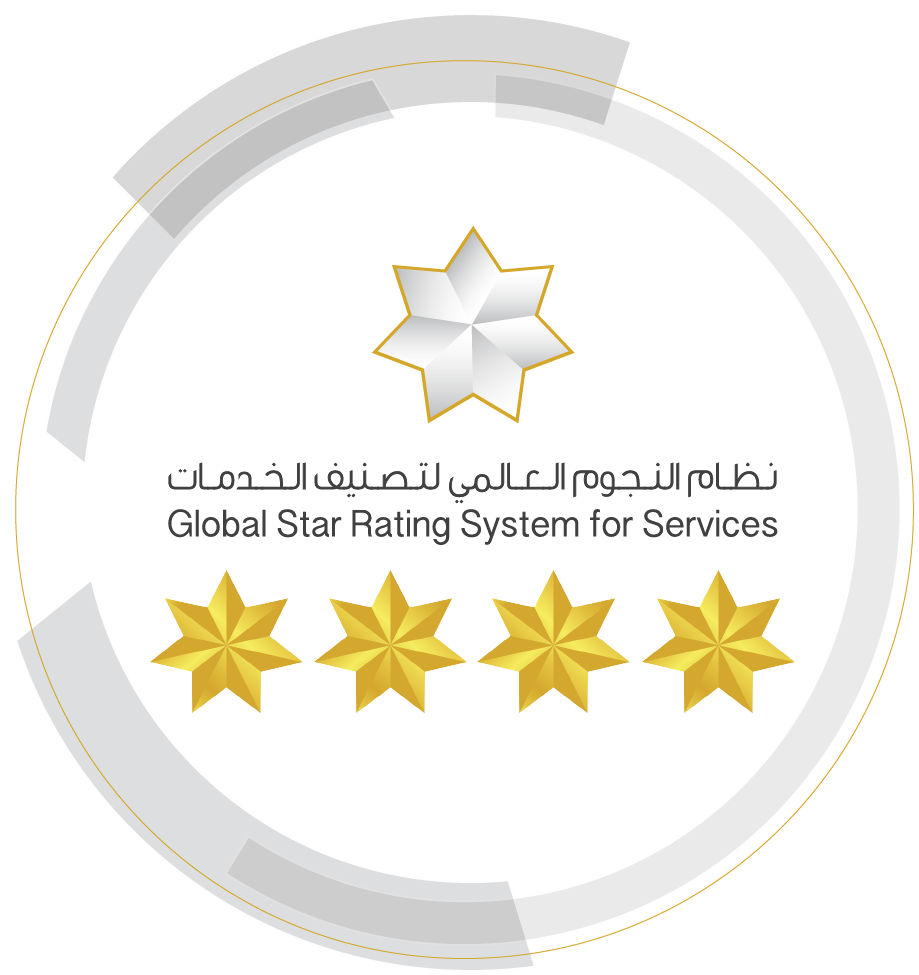The advancement and protection of the rights of workers is a national priority. The UAE is considered a significant recipient of foreign labour due to the country's open policies and tolerant and cosmopolitan community. According to the World Bank, foreign workers in the UAE sent home more than USD 29 billion in 2014 – almost all of which went to developing countries – making the UAE the third-largest source of remittances globally. This income then benefits workers' families and home country economies.
In furtherance of its commitment to upholding labour rights, the UAE has ratified nine major International Labour Organization conventions related to workers' rights. Furthermore, it has adopted numerous laws to protect workers' rights, including recruitment, pay, housing, and health. In addition, the UAE has also signed multiple Memoranda of Understanding with workers' home countries to promote cooperation in protecting the rights of their workers in the UAE.
Domestically, the UAE is continuously working to strengthen worker protections. In 2017, the UAE implemented broad measures supporting overseas domestic workers (Federal Law Number 10 of 2017), guaranteeing individuals the right to retain personal documents and passports, change employers with greater ease, and receive mandated paid leave and insurance and accommodation. In addition, the reforms focus on improving the transparency of job terms and employment contracts and spell out how contracts can be terminated.
Under these policies, prospective workers are asked to sign a standard employment offer in their home country that will, in turn, be filed with the Ministry of Labor before a work permit is issued. That agreement is then registered as a legal contract once the worker arrives in the country. After that, no changes will be allowed unless they extend additional benefits to which the worker agrees. After that, either side can terminate the contract, after which the worker is free to change employers.
Furthermore, charging recruitment fees to prospective employees is illegal in the UAE, and steps have been taken to protect workers from unscrupulous recruiters. The confiscation of workers' passports is prohibited, and workers do not need their employer's permission to leave the country. All workers must be provided with comprehensive health insurance at the employer's cost, and strict rules govern the provision of proper accommodation. More than 3.2 million workers are paid through the Wage Protection System, an electronic transfer system that guarantees timely and fullpayment of agreed wages.
Should any worker have a conflict with their employer, the law also provides free, formal adjudication by the Ministry of Human Resources and Emiratization. Furthermore, a 24-hour toll-free hotline allows workers to file complaints. In addition, the UAE has established offices in courts to provide legal support to workers in labour disputes, and labour care units have been established across the UAE to provide protection for workers and raise awareness of their rights.
Enforcement of worker protections has intensified, and substantial penalties have been imposed for violations relating to working conditions and workers' rights.
Safeguarding domestic workers
In service of domestic workers, Federal Law Number 10 of 2017 also ensures that workers are aware of the contract terms before departure from their home country and includes fundamental entitlements and provisions, such as weekly rest and 30 days of paid annual leave. In addition, the law strictly regulates recruitment agencies' work to avoid any form of abuse, such as payment of commission in exchange for employment. Moreover, the law sets out essential prohibitions, such as the ban of employment of minors, and includes anti-discrimination clauses.
The Ministry of Human Resources and Emiratisation has also licensed 37 centres called Tawjeeh. The centres inform workers about their rights and responsibilities and teach the UAE's culture and customs.
The Ministry of Human Resources and Emiratisation has also established 39 service centres across the country. These centres, called Tadbeer, offer training for domestic workers to know their rights and responsibilities, and provide them with copies of their employment contracts.


